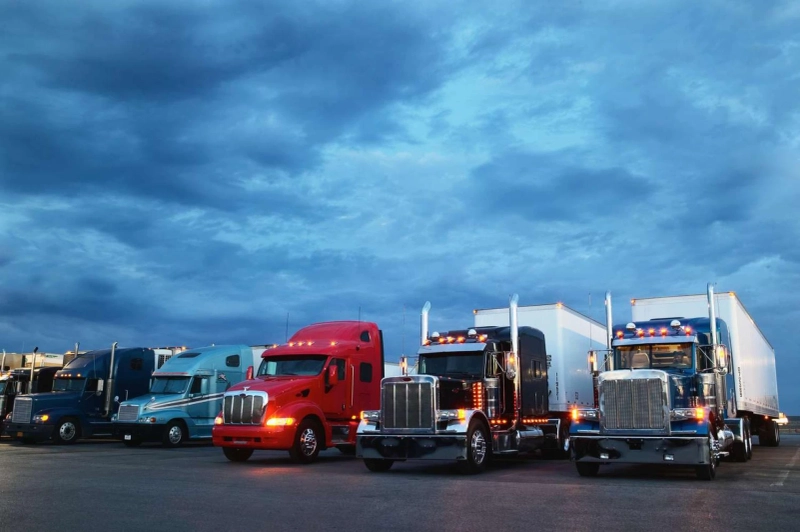Starting a trucking company can be a lucrative and rewarding venture, but it requires careful planning, dedication, and adherence to various regulations. Here's a comprehensive guide on how to start a trucking company:
Develop a Business Plan: Craft a detailed business plan that outlines your goals, target market, services, financial projections, and strategies for growth. This plan will serve as a roadmap for your company's operations and help secure funding if needed.Obtain Necessary Licenses and Permits: Familiarize yourself with the federal, state, and local regulations governing the trucking industry. Obtain the required licenses, such as a Motor Carrier Operating Authority from the Federal Motor Carrier Safety Administration (FMCSA), and any other permits specific to your state or locality.Choose Your Company Structure: Decide whether you want to operate as a sole proprietorship, partnership, limited liability company (LLC), or corporation. Each business structure has its own advantages and implications for taxes, liability, and ownership.Secure Financing: Starting a trucking company requires significant capital investment for purchasing or leasing trucks, hiring drivers, insurance, and other operational expenses. Explore financing options such as small business loans, investors, or personal savings.Purchase or Lease Trucks: Determine the type and number of trucks you need based on your business model and cargo requirements. Consider factors like fuel efficiency, safety features, and maintenance costs when selecting your fleet.Obtain Insurance: Commercial trucking insurance is mandatory to protect your business, drivers, and cargo. Explore different insurance policies, including liability, cargo, and physical damage coverage.Hire Qualified Drivers: Recruit experienced and licensed drivers who meet the requirements set by the FMCSA. Conduct thorough background checks, drug testing, and ensure your drivers have the necessary endorsements for the vehicles and cargo they'll be transporting.Establish Safety and Compliance Protocols: Implement comprehensive safety policies and procedures to ensure compliance with federal and state regulations. This includes maintaining driver logs, conducting regular vehicle inspections, and adhering to hours-of-service rules.Market Your Services: Develop a strong marketing strategy to attract potential clients. Utilize various channels such as a professional website, social media, networking events, and industry directories to showcase your services and establish a solid presence in the market.Remember, starting a trucking company is a complex process that requires careful planning, compliance with regulations, and a commitment to safety and operational excellence. Seeking guidance from industry experts, legal professionals, and experienced mentors can help ensure a successful launch and long-term growth. Personal Truck Services provides guidance and services to help aspiring trucking companies navigate the process of starting their operations.


